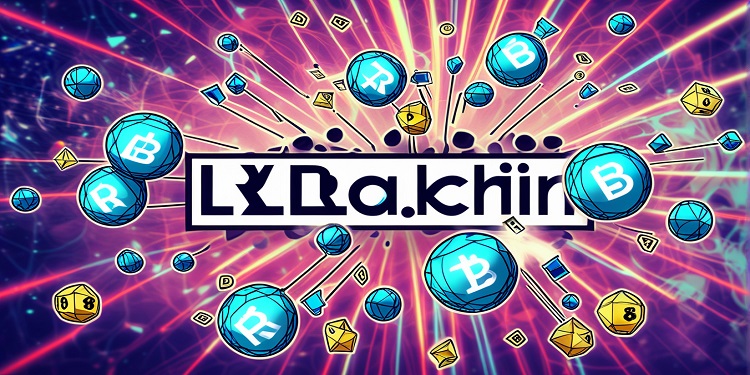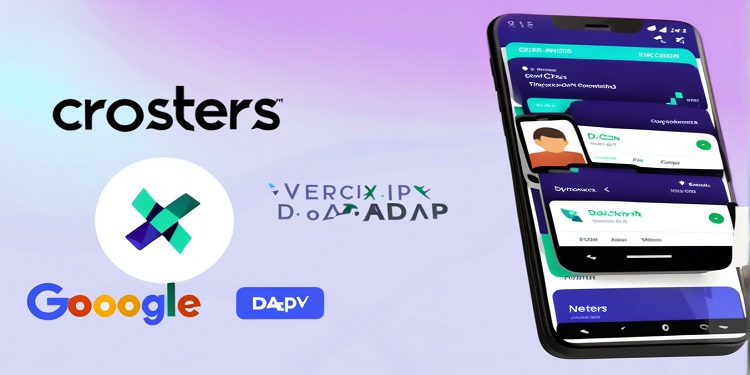Cambodia has been chosen to pilot an innovative blockchain-based fintech platform called Universal Trusted Credentials (UTC), a digital credentialing system leveraging Internet Computer Protocol (ICP) blockchain technology. This initiative is developed by an international development organization in collaboration with various global partners, as announced by the United Nations Development Program (UNDP).
The objective of this new technology is to establish a more secure and accessible digital credentialing system aimed at promoting sustainable development and economic growth. Representatives of the project highlighted the potential of UTC to significantly impact the financial sector.
The UNDP will partner with the Dfinity Foundation for the Cambodian pilot project. The Dfinity Foundation, based in Switzerland, specializes in blockchain technology research and development (R&D). According to a UNDP report, UTC functions as a global framework of indicators designed specifically for enterprises. The data points within this framework are sourced exclusively from authoritative data sources and are selected based on their relevance and utility to financial institutions for assessing an enterprise’s intent and ability to pay.
The framework is designed to facilitate more efficient, cost-effective, and higher levels of financing and financial services. This is particularly beneficial for micro, small, and medium-sized enterprises (MSMEs), which often face challenges in accessing financing or are subjected to heightened collateral requirements due to a lack of verified data.
Global Trials and Expansion Plans
UTC was initially launched in November 2023 by the UNDP and the Monetary Authority of Singapore (MAS). Before the announcement of the Cambodian pilot project, MAS and the Bank of Ghana conducted a trial of the UTC system in Ghana in May. The Ghana project utilized a semi-fungible token (SFT) to transfer licenses and trade records into the UTC system. The first pilot of the technology also demonstrated the inclusion of a Know Your Customer (KYC) verification within an SFT.
The UNDP has described the Ghana UTC system as a proof of concept, indicating its potential for further international expansion. The organization aims to eventually implement UTC in ten partnering countries worldwide.
Marcos Neto, the UN assistant secretary general and director of the UNDP’s Bureau for Policy and Programme Support, emphasized that harnessing advanced technology could lead to the creation of a more secure and accessible digital credentialing system, driving sustainable development and economic growth. Dominic Williams, founder of the Dfinity Foundation, noted that using the Internet Computer blockchain technology would allow the UTC initiative to benefit from extensive research and development, supported by leading cryptographers and digital identity experts.
The Dfinity Foundation’s decentralized ICP blockchain Internet Identity solution will ensure secure storage and management of digital credentials during the Cambodian UTC pilot, as highlighted in the UNDP statement.
Cambodian Financial Sector and MSME Support
Before the recent announcement of the UTC project launch in Cambodia, Rath Sovannorak, deputy governor of the National Bank of Cambodia (NBC), attended a roundtable discussion in Zurich, Switzerland. The forum, titled “Launching Universal Trusted Credentials (UTC): Experiences and Challenges,” was part of the Point Zero Forum, a three-day financial technology event held from July 1-3.
During the meeting, Rath Sovannorak discussed the current situation of MSMEs in Cambodia and their significant role in socio-economic development. He pointed out that MSMEs face particular challenges in accessing financial services. The deputy governor also highlighted the progress made by the Royal Government of Cambodia (RGC) and the NBC in supporting MSME growth through policies that promote local production and increase employment in the sector. He confirmed that the UTC project in Cambodia aims to create a robust database to help MSMEs overcome challenges, especially in accessing financial services from banking and financial institutions.
In 2020, the NBC launched the Bakong app, a tokenized currency payment and deposit system leveraging central bank infrastructure, to support MSMEs’ access to finance and reduce physical transactions during the Covid-19 pandemic. Developed jointly with Soramitsu, a Tokyo-based blockchain technology startup, the digital currency went into circulation in October 2020. The blockchain-based, open API payment system facilitates immediate QR-based transactions and links to both riel and dollar bank balances, although users do not need a bank account to use the app.
Bakong has also been utilized for cross-border payments and can facilitate QR code-based transactions between Cambodia, Thailand, Laos, Vietnam, and China’s UnionPay. The NBC has signed several memoranda of understanding with other national banks and payment system authorities worldwide to expand the app’s cross-border payment capabilities. According to NBC governor Chea Serey, the system hosts around 10 million wallets, as reported in an interview with Nikkei Asia in December 2023.









